News
news
Q&A: Growing novel ultra-pure materials for tomorrow’s electronics
Jamie Oberdick profiles Qihua 'David' Zhang, a Penn State 2DCC postdoc advancing chalcogenide materials (S, Se, Te with metals) for electronics. Using molecular beam epitaxy in ultra-high vacuum, he achieves pristine, precise films. The 2DCC and Stephanie Law foster collaboration. Zhang aims to reveal new properties to enable future devices.

News
UC Santa Barbara, UCLA’s BioPACIFIC MIP earns renewed NSF support to accelerate AI-driven biobased materials innovation
The U.S. National Science Foundation has renewed funding for BioPACIFIC MIP — Biomaterials, Polymers and Advanced Constructs from Integrated Chemistry Materials Innovation Platform — a collaboration between UC Santa Barbara and UCLA that provides a unique scientific ecosystem for the United States. This $19.8 million renewal empowers BioPACIFIC MIP to continue advancing the frontier of biobased materials, uniting synthetic biology, chemistry, automation and artificial intelligence to reshape how materials are discovered, designed and deployed.

News
Collect plasmids — fast, easy and consistently — with BioPACIFIC MIP at UCLA Automated System
The BioPACIFIC MIP at UCLA offers an automated high-throughput system for isolating plasmid DNA from microbes. This platform enhances efficiency in research across biotechnology and life sciences, processing up to 96 minipreps simultaneously with minimal human intervention. Researchers can achieve high-purity plasmids swiftly, supporting various applications.

news
Tools of Discovery: How new equipment is powering research breakthroughs at Penn State
Penn State's advanced lab tools, including a unique double-crucible vertical Bridgman furnace and in situ testing capabilities, are enabling breakthroughs in materials science. These innovations allow researchers to grow ultra-pure crystals and study material behaviors in real-world conditions, paving the way for future technologies like advanced computing and flexible electronics.
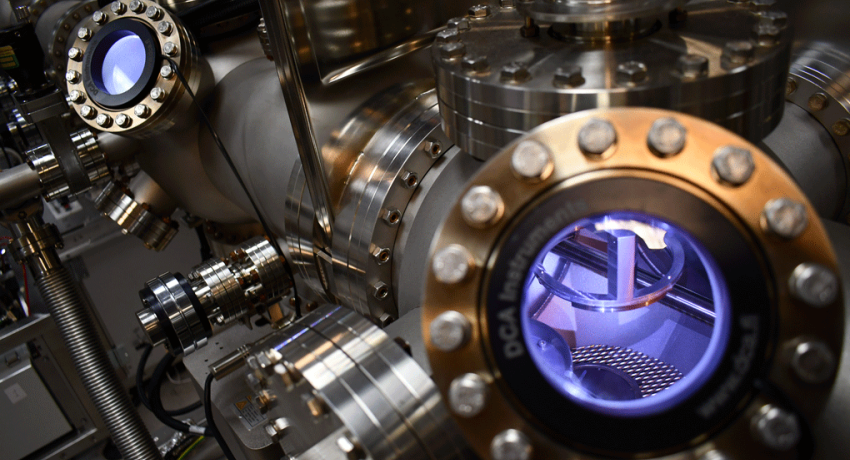
news
World’s first 2D, non-silicon computer developed
Researchers at Penn State have developed a CMOS computer using two-dimensional materials, marking a significant advancement in semiconductor technology. Unlike silicon, these materials maintain performance at atomic thickness. This innovation could lead to faster, energy-efficient electronics, emphasizing the potential of 2D materials over traditional silicon in future computing.
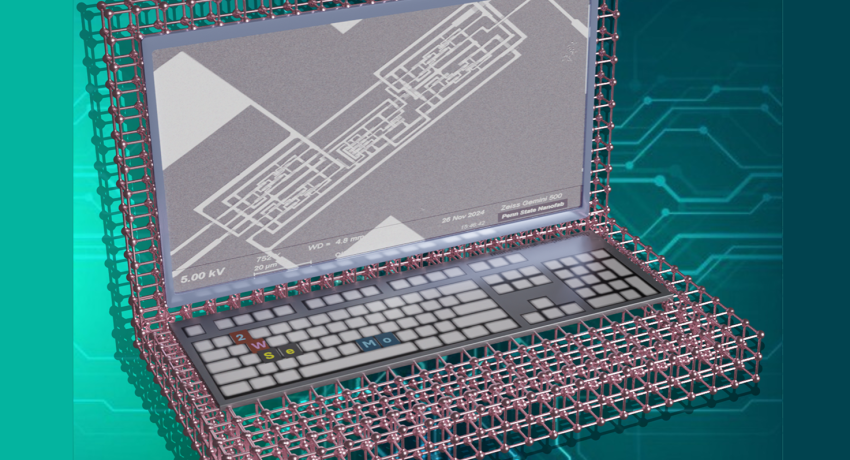
news
Heather Maynard elected to the National Academy of Sciences
UCLA Professor Heather Maynard has been elected to the National Academy of Sciences, recognizing her significant contributions to polymer chemistry and biomaterials. This honor highlights her impact on the scientific community and her dedication to innovation, aligning with BioPACIFIC MIP's mission.
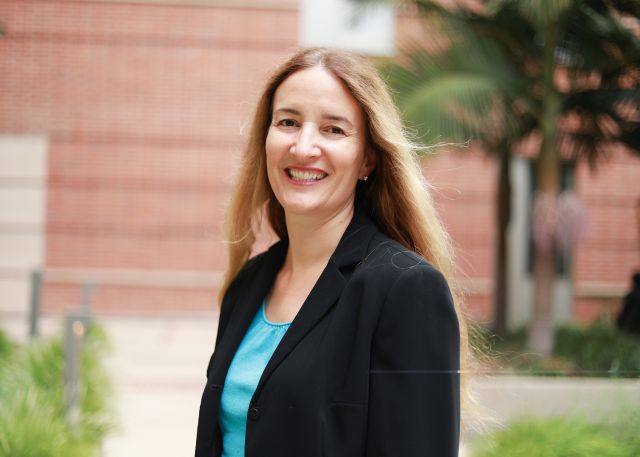
News
Rachel Segalman named fellow of the American Association for the Advancement of Science
Rachel Segalman of UC Santa Barbara has been elected a 2025 Fellow of the American Association for the Advancement of Science, recognizing her contributions to materials science and polymer engineering. She is one of 46 UC researchers honored, showcasing the university's leadership in scientific advancement.
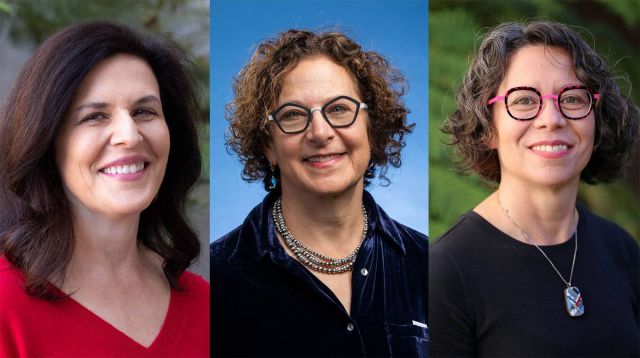
News
‘Nanodot’ control could fine-tune light for sharper displays, quantum computing
Researchers from Penn State and Université Paris-Saclay have developed precise control over light emitted from nanodots embedded in two-dimensional materials. This breakthrough could enhance high-resolution screens and advance quantum computing by manipulating light frequency and wavelength via quantum confinement. Their work involves combining different 2D materials to optimize light emission.
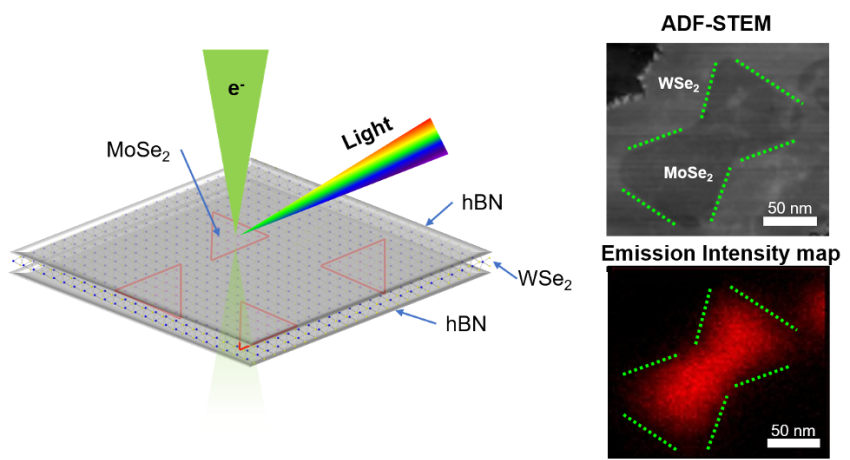
News
BioPACIFIC MIP Fellow Elizabeth Murphy Wins 2025 Henkel Award
BioPACIFIC MIP congratulates Elizabeth Murphy on winning the 2025 Henkel Award for Outstanding Graduate Research in Polymer Science. Her innovative research on block copolymers and contributions to the MIP community were pivotal. Murphy, set to graduate from UCSB in March 2025, will join Dow Chemical as a Senior Research Specialist.
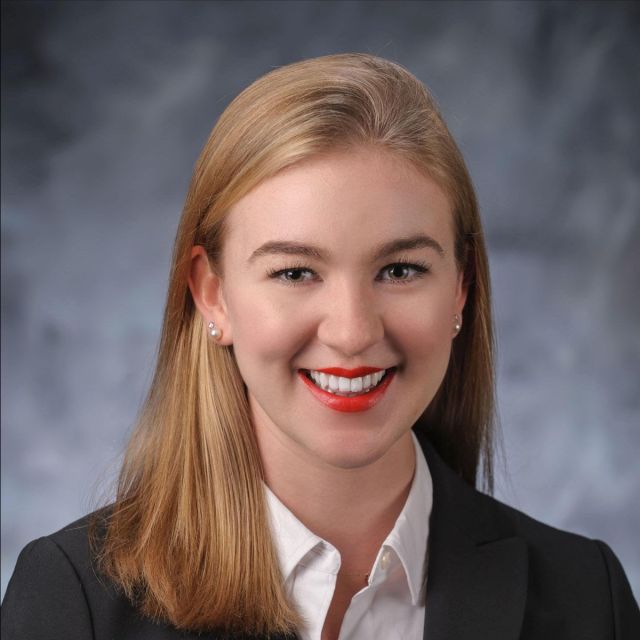
News
UCSB Professor M. Scott Shell named Fellow of the American Institute of Chemical Engineers
M. Scott Shell, a professor at UC Santa Barbara, has been elected a Fellow of the American Institute of Chemical Engineers for his pioneering work in multiscale modeling and computational techniques. This prestigious title recognizes significant professional accomplishments in the field of chemical engineering.
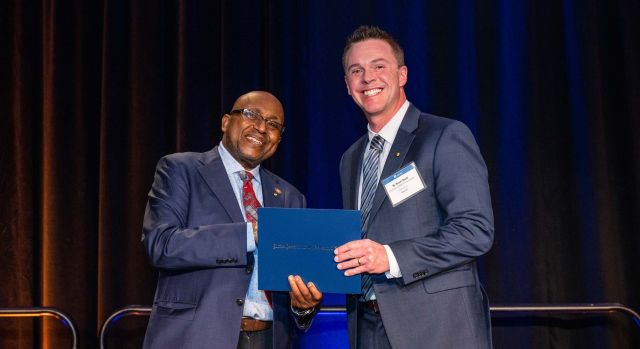
Showing 1 to 10 of 104